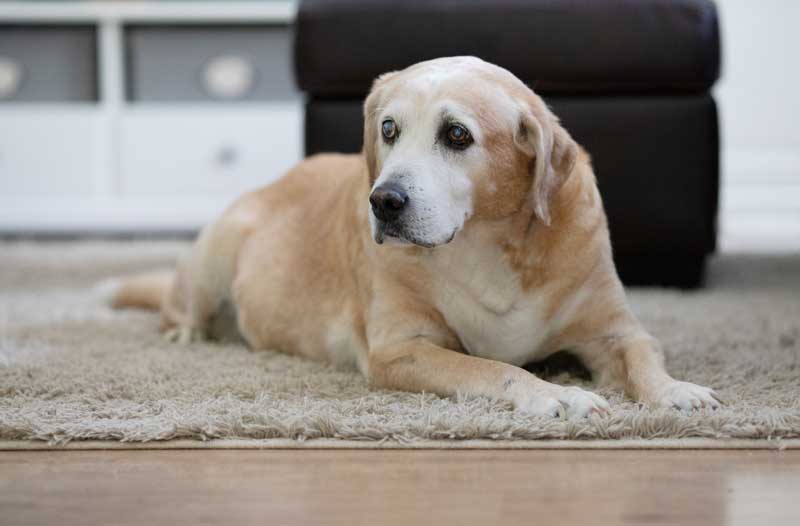Dementia, much like how it affects humans, makes dogs forget. They slowly slip away from you. The dog you once loved will never be the same again. And when dementia hits your dog, how do you learn to deal with it?
Your dog will get old faster than you would and that’s a fact. Remember that every year, your dog will turn seven years older, so you could only imagine how old they are when you turn 18. The older the dog gets, the more risks are there for his health. And even though you feed him only what his body needs and make sure that he gets regular exercise, the health risks will always be there. Sadly, the loss of memory or dementia could be one of them.
Dementia is a disease that makes dogs forget about the memories that they have. No matter how trained your dog is, when dementia hits him, he will only remember bits and pieces of the memory you used to have. You will slowly notice the small changes in your dog’s behaviour and it might be too late before you realize that it is actually dementia. Whenever you get home, your dog will be the first one to welcome you. Sometimes, he would be bringing you the stick you used to play him with.
They won’t be able to do any of these things anymore. You will surely miss it, but it’s a wake-up call that they need your help.
How do you know that your dog may be suffering from dementia? Stop and take notice:
- Is he often disoriented? Does he stare at simple things for hours without moving?
- Does he get confused easily? Does he enter at the wrong side of the door, though he is used to going the right way?
- Has his personality changed rapidly? Has he become more irritable and less affectionate?
- Has his sleeping habits changed? Is he less interested to play?
All these are tell-tale signs that your dog may be suffering from cognitive dysfunction syndrome or more commonly referred to as doggy dementia. This disease can occur as early as the dog’s first 7 years while it mostly affects dogs that are 11 years and older. Doggy dementia is characterized by brain ageing and is often associated with the Alzheimer’s disease in people. When you realize that your dog’s non-responsiveness is actually a sign of doggy dementia, you can’t help but worry and think about how you can be of help.
Doggy dementia does not mean there is nothing you can do. In fact, you can do a lot of things to alleviate their situation. Although there is no cure for the brain disease, there are definitely options for you on how you can help your dog deal with the early signs. Regular mental and physical stimulation will help the dog cope with the progression of the disease. If you can, seek the help of a Vet as their expertise should be able to assist you and your dog to ensure that he is getting all the right help he needs.

